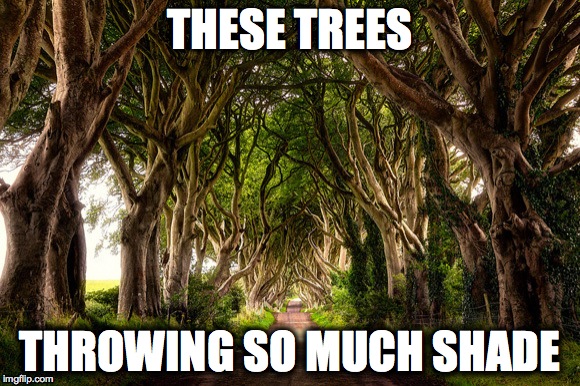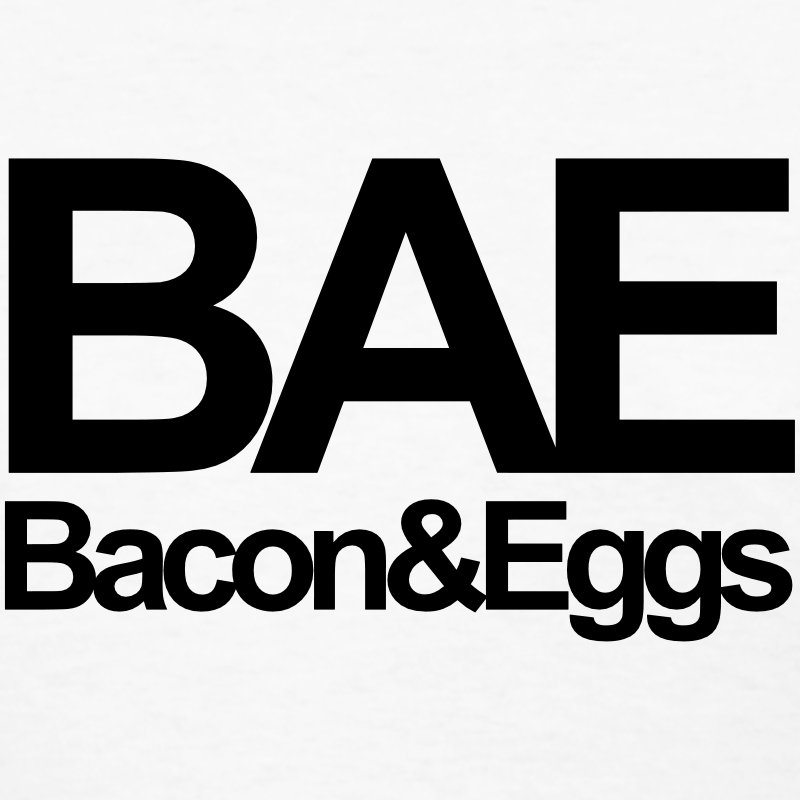here
Ah, December. The time of year when people’s thoughts turn to various holidays and wondering “Where did the year go?” It is also the time of year when lists upon list upon come out rating the best movies, the worst movies, the best songs, the worst songs, best moments, terrible moments, and so on. What’s another list or two to the add to the jumbled heap of lists?
Thinking about my reading for 2017 it was admittedly not the most productive year. At least not since I started tracking what books I read. Having said that, I still read a decent amount. As always, some books I read were great, others were terrible, and most were in between.
This week I’m discussing the books read I wish I could get back the hours spent reading them. I don’t count books I didn’t finish, of which there were 2, because if I didn’t finish it, it probably wasn’t even good enough for me to force myself to read it.
So, in no order, here are my least favorite books of 2017.
The Hundred Thousand Kingdoms by N.K. Jemisin: A highly praised fantasy novel, The Hundred Thousand Kingdoms follows the story of Yeine Darr as she investigates her mother’s death. The investigation takes her to the city of Sky where she is suddenly named one of the heirs of a dying king. Throughout the book she not only tries to solve her mother’s death and tries to figure out why she is an heir, but also battles the other heirs for control of the throne. Oh, and there’s something about trapped gods and their battle for freedom.
Where to start. First, I find the title to be clunky. I still have the hardest time getting it right. I guess that’s a good thing as it stands out.
Second, and this is my biggest and key grip with the book, the characters. Specifically, Yeine herself. She is boring, wooden, doesn’t really act, or smart. She spends a majority of the novel reacting. There is far too much reliance upon the myriad of minor characters. Granted, she is new to Sky and their culture is very different from the matriarchal barbarian culture she was raised in. The trapped gods are also a new concept for her as well. That being said, Yeine rarely initiates anything. All she does is walk around the castle hoping to run into other characters who will either give her an info dump or prompt her to take some action.
The supporting characters are at least moderately interesting. I was more taken with their stories then I was the main character’s. Especially the gods who are trapped and punished by the humans who have enslaved them. The fact gods can be imprisoned and have their powers either reduced or abolished is problematic to me. By definition gods are all powerful and the explanation for their weakened state doesn’t work for me.
Jemisin’s writing style is not for me. The prose is stilted and wooden. The dialogue I found to be weak and even trite. Some of her descriptions are odd especially the sex scenes. Action sequences were also difficult to follow.
Finally, the ending is weak. Yeine is so boring and weak compared to the other heirs that it comes as a shock to the reader when she suddenly becomes a bad ass. Somehow, I’m supposed to buy she is more than she appears or knows herself to be. It doesn’t work as written. Maybe this is because like so many sci-fi and fantasy novels, this is the first in a series.
Overall, this was a book I found tedious and if it wasn’t for it being a book club read, I wouldn’t have finished. It was one of those highly praised books I found myself scratching my head in confusion as to why it was so hyped.
Murder Swings the Tide by Linda Shirley Robertson: This was a book I previous did a review which can be found here.
Little, Big by John Crowley: Little, Big is a novel about…I have no idea. Seriously. I have no clue what this book is about nor did my book club. Ten intelligent adults well-versed in sci-fi and fantasy couldn’t make heads or tails of it. The back cover claims the books is about Smoky Barnable who travels to a magical town called Edgewood to marry Daily Alice Drinkwater. The rest of the book is about the four generations of the family.
Nothing about this book connected with me at all. The characters are all slow and boring. No one seems to have a job and the women all stay at home and do nothing. There’s no real main character, which in and of its self isn’t a bad thing. I’ve read quite a few books where there was no clear main character and the novel worked. In Little, Big, though, it does not work. What the reader gets is an unfocused story.
There were a ton of subplots which neither supported the story or led to anything. For example, for some reason, in the middle of the book Crowley dumps in a whole story about Smoky and Daily Alice’s son who moves to the City and falls in love. But, it never really connects to the main story, whatever the hell that is, other than it is one of the children of Smoky and Daily Alice.
There’s a lot of backstory and flashbacks. So much so as a reader I got confused about what was taking place in the present. Again, this circles back to the book lacking a clear plot and purpose.
The prose style is pretentious and often felt to me as if Crowley was in love with his own words. To me it is an example of a book critics love, but the general public wonders why.
The dialogue is bizarre and everyone, and I mean everyone, talks in a vague, non-emotional way. It’s great the characters seem to understand what the hell is going on, but the reader sure doesn’t. It’s as if all the characters have ESP with each other. They seem to move like they are trapped in molasses and just shrug through life.
The ending is bad. Very late in the book an organization is introduced which never is explained fully what their purpose is or their goal. Like all the other subplots and main plot, it is never resolved. I honestly thought perhaps Little, Big was the first book in a series. When I checked, I discovered it is not. This makes the book and ending even more non-sensical.
For me it is incredibly difficult for me to look at this book as a fantasy book as the fantasy elements are incredibly subtle. Sure, there are pockets of it. The town of Edgewood is a real place one can get to from the city, but it isn’t on any map. There also seems to be strong hints fairies lurk about in the outer area of Edgewood, but not once do any of the characters come out and say it. Again, it is one of those things which isn’t fully resolved or developed. There is also a weird subplot with a baby of one of the characters who was kidnapped in the middle of the night by a creature and raised by a witch. There’s a stork in there somewhere.
The book is just bizarre and not in a cool, topsey-turvey kind of way. Just a maddening, non-sensical mess and not one I’d ever recommend to anyone.
Well, there are my least favorite books of 2017. I think none of us know we won’t enjoy a book until we sit down and starting reading. I used to be one of those people who finished a book no matter what. I have become a firm believer if something doesn’t grab you right away, put it down and a walk away. There are far too many books out there, on your shelf or Kindle, you could be reading and enjoying.














